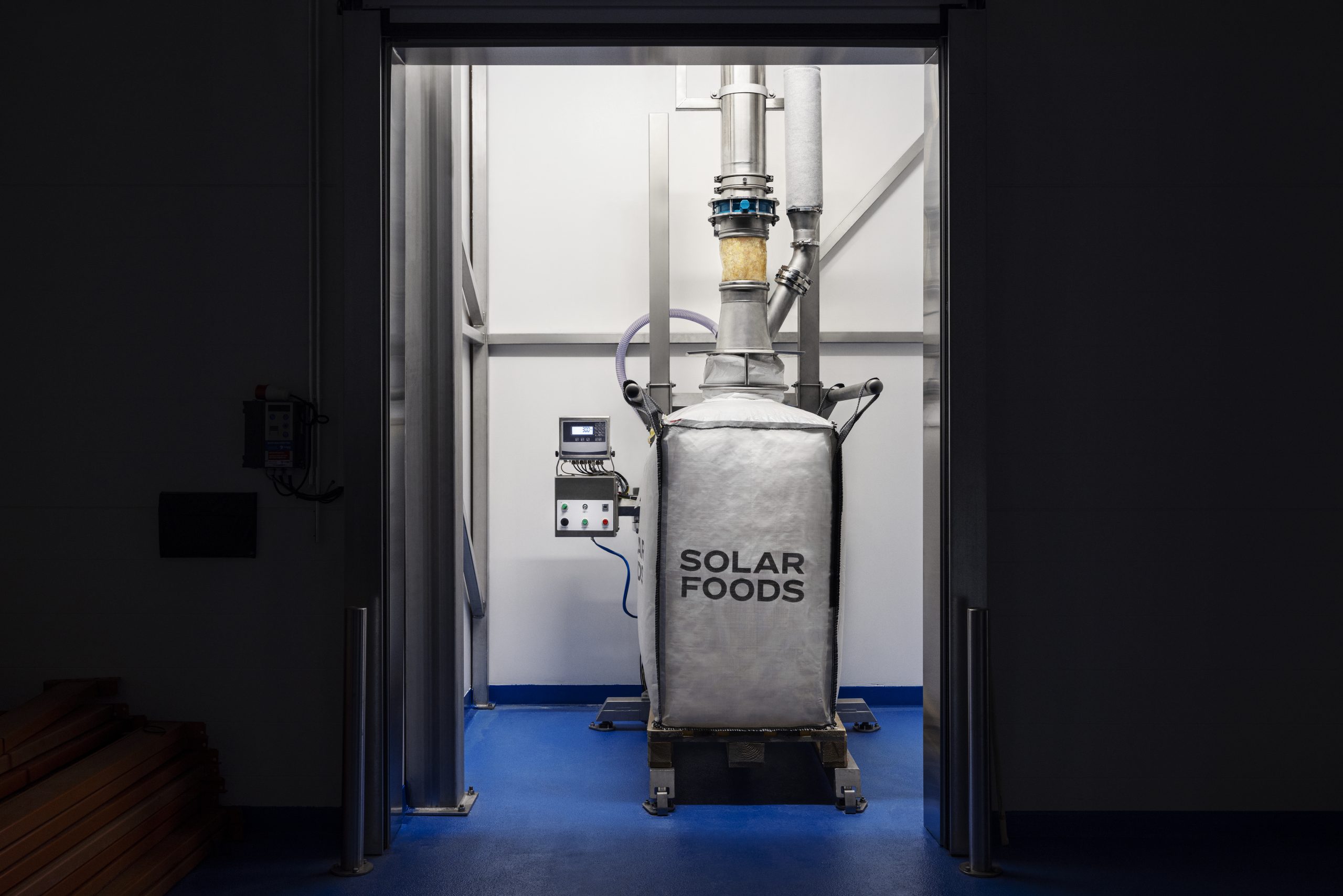Testing for diseases in developing countries may become a lot easier and cheaper thanks to a new invention called the “paperfuge”. Using a piece of paper, some twine and plastic, an assistant professor at Stanford created a simple centrifuge that can spin rapidly to separate the different components of a liquid by density. If you want to test for diseases like Malaria or HIV, that liquid is blood. During lab testing, the paper centrifuge was able to find malaria parasites within 15 minutes of spinning. The little device costs a mere 20 cents and could help save many lives in developing countries around the world.

This 20 cent device can help developing countries detect diseases
More of Today's Solutions
A psychological perspective on the benefits of minimalist living
In today's society, when luxury and consumerism frequently reign supreme, the minimalism movement has developed as a potent counterbalance. While minimalism may appear to ...
Read MoreThe life-saving science of synthetic blood platelets
In the domain of medical discoveries, a surprising innovation is poised to transform the landscape of treatment for excessive bleeding: synthetic blood platelets. These ...
Read MoreWorld’s first hydrogen-powered cargo vessel to set sail in Paris this year
In a world's first, a commercial hydrogen-powered cargo vessel will make its maiden voyage later this year. Developed by French shipowner Compagnie Fluvial Transport ...
Read MoreThis ‘everlasting bubble’ could inspire future medicines
Bubbles spark human fascination, with children and adults everywhere becoming enamored when they see one of these fleeting structures. This interest also spreads into ...
Read More










